I'm trying to write a bot where a user clicks on a command, sends a link as a message, and then the bot adds the link to some database. Here's how it would look:
So I thought I should use a ConversationHandler. Here's what I wrote, the bot.py:
from telegram.ext import (Updater, CommandHandler, MessageHandler, Filters,
ConversationHandler)
from settings import BOT_TOKEN
import commands
def main():
updater = Updater(BOT_TOKEN, use_context=True)
dispatcher = updater.dispatcher
conversation = ConversationHandler(
entry_points=[
MessageHandler(
(Filters.command & Filters.regex("al_(.*)")),
commands.add_link
)
],
states={
commands.ADD_LINK: [
MessageHandler(Filters.entity("url"), commands.receive_link)
]
},
fallbacks=[]
)
dispatcher.add_handler(CommandHandler("search", commands.search))
dispatcher.add_handler(conversation)
updater.start_polling()
updater.idle()
if __name__ == "__main__":
main()
And commands are in another file called commands.py:
from telegram.ext import ConversationHandler
ADD_LINK = range(1)
def receive_link(update, context):
bot = context.bot
url = update.message.text
chat_id = update.message.chat.id
bot.send_message(
chat_id=chat_id,
text="The link has been added."
)
return ConversationHandler.END
def add_link(update, context):
bot = context.bot
uuid = update.message.text.replace("/al_", "")
chat_id = update.message.chat.id
bot.send_message(
chat_id=chat_id,
text="Send the link as a message."
)
return ADD_LINK
Now the problem is that I need to be able to use the uuid variable (that is generated in add_link) in my receive_link function. But I don't know how to pass this variable. How can I do it?

